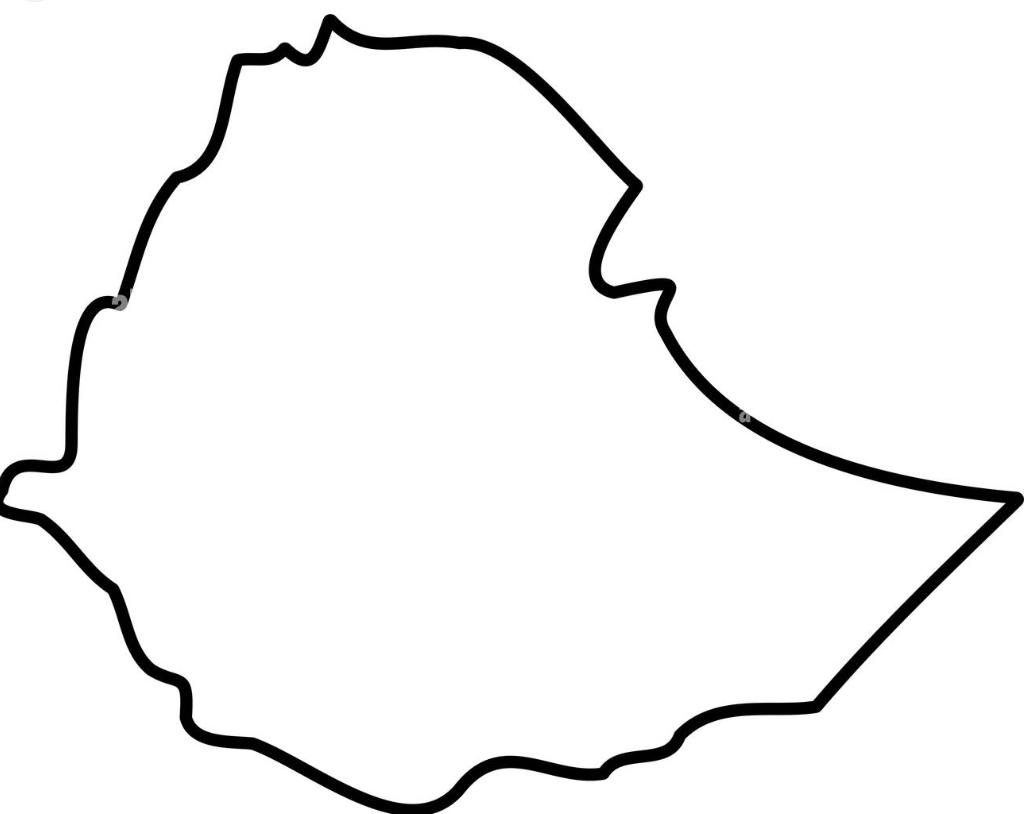Dire Dawa
Dire Dawa Diridhaba, meaning “where the Somali ancestor Dir hit his spear into the ground” or “The true Dir”, Amharic: ድሬዳዋ, Harari: ድሬዳዋ, lit. “Plain of Medicine”; Oromo: Dirree Dhawaa, lit. ’Place of Remedy ‘is a city in eastern Ethiopia near the Oromia and Somali Region border and one of two chartered cities in Ethiopia (the other being Addis Ababa, the capital). Dire Dawa alongside present-day Sitti Zone were a part of the Dire Dawa autonomous region stipulated in the 1987 Ethiopian Constitution until 1993 when it was split by the federal government into a separately administered chartered city.
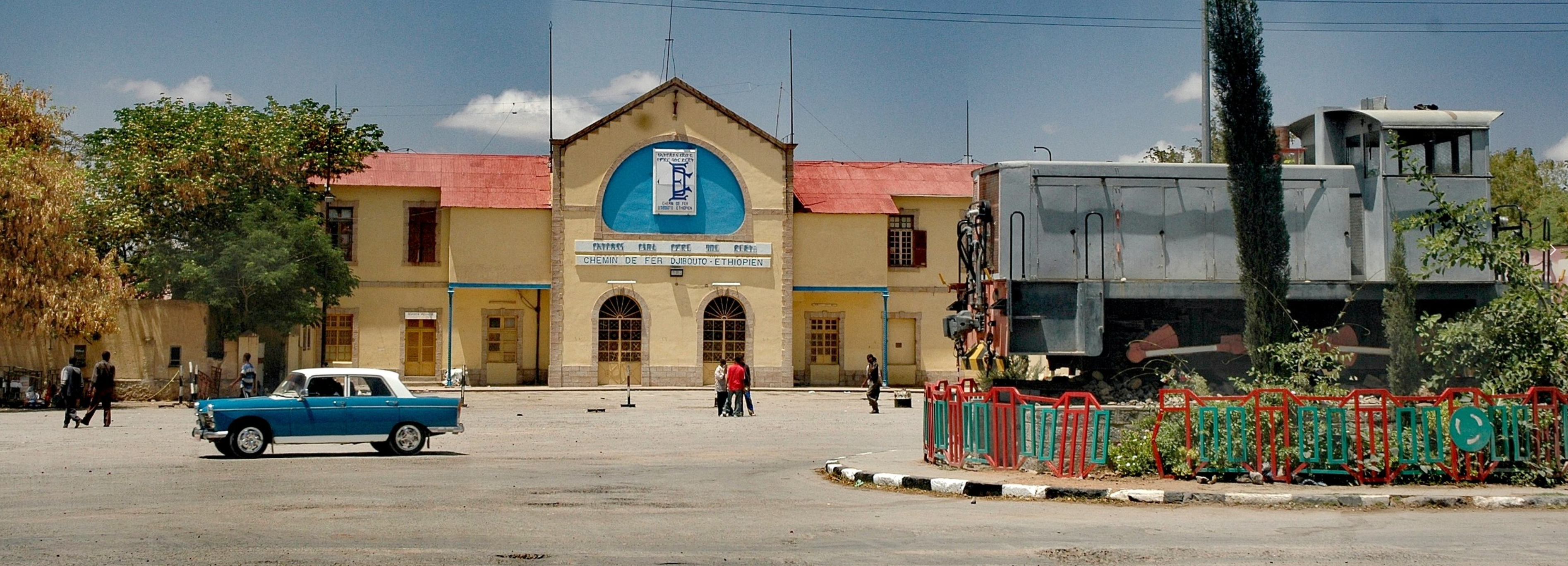
tourist Attraction
Dire Dawa Market: This bustling marketplace is a vibrant hub of activity, offering a wide variety of goods, including traditional crafts, spices, textiles, and fresh produce. It’s a great place to experience the local culture and shop for souvenirs.
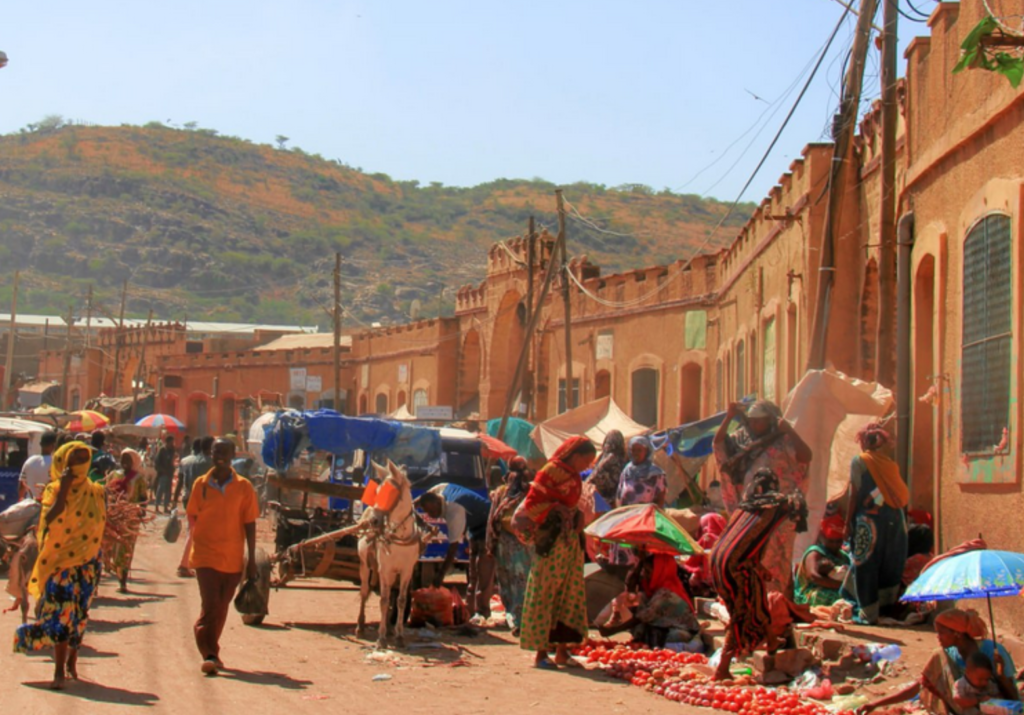
Railway Station: Dire Dawa has a historic railway station that dates back to the early 20th century when the Ethio-Djibouti Railway was constructed. The station’s architecture reflects its colonial past, and it’s worth visiting to see the old locomotives and learn about the railway’s history.
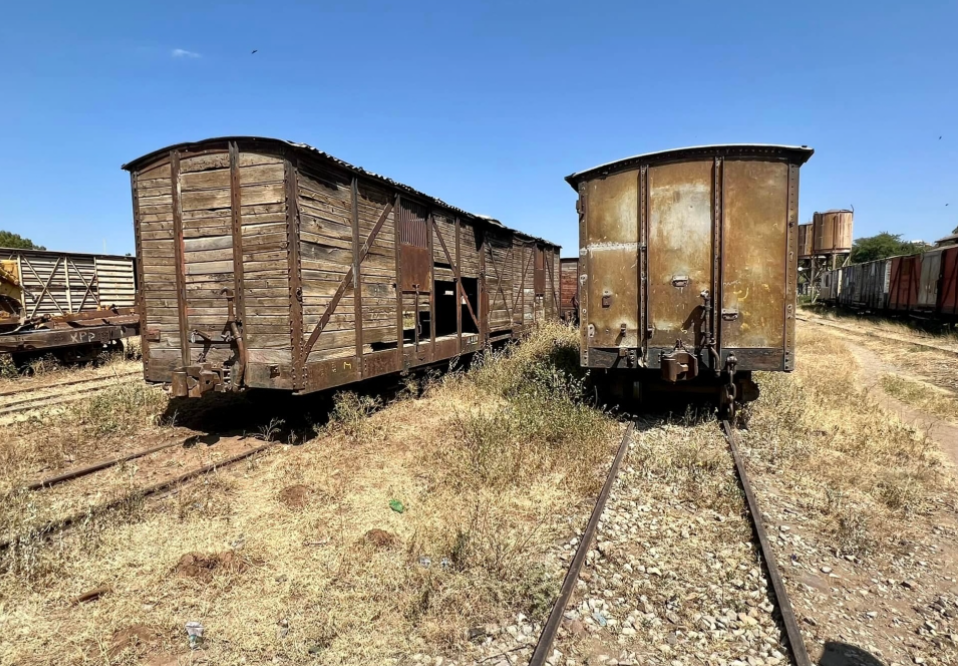
Kezira Canyon: Located just outside of Dire Dawa, Kezira Canyon offers stunning natural scenery and opportunities for outdoor activities such as hiking and birdwatching. The canyon is known for its rugged cliffs, lush vegetation, and picturesque waterfalls, making it a popular destination for nature enthusiasts.
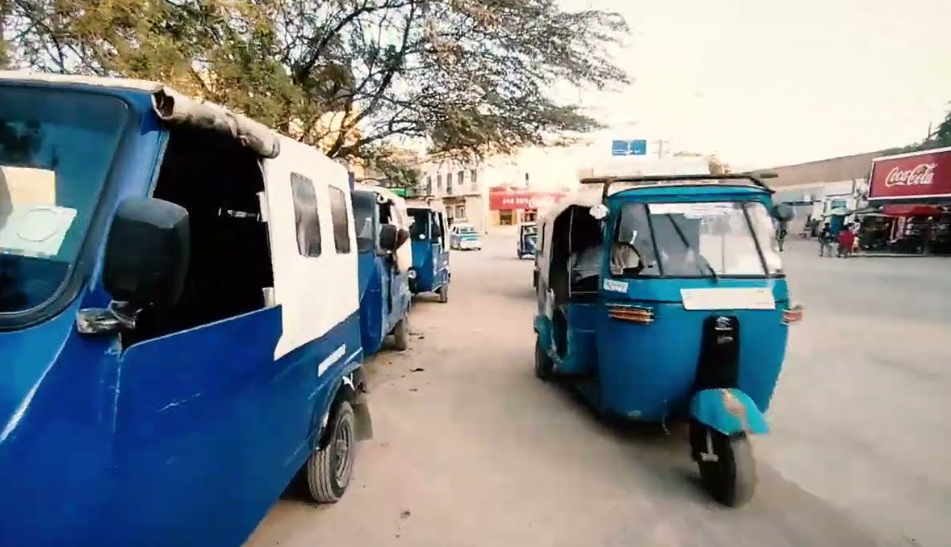
Kafira Market: This traditional market is renowned for its vibrant atmosphere and wide array of goods, including spices, coffee, textiles, and traditional handicrafts. Visitors can browse the stalls, sample local delicacies, and immerse themselves in the sights, sounds, and smells of Ethiopian culture.
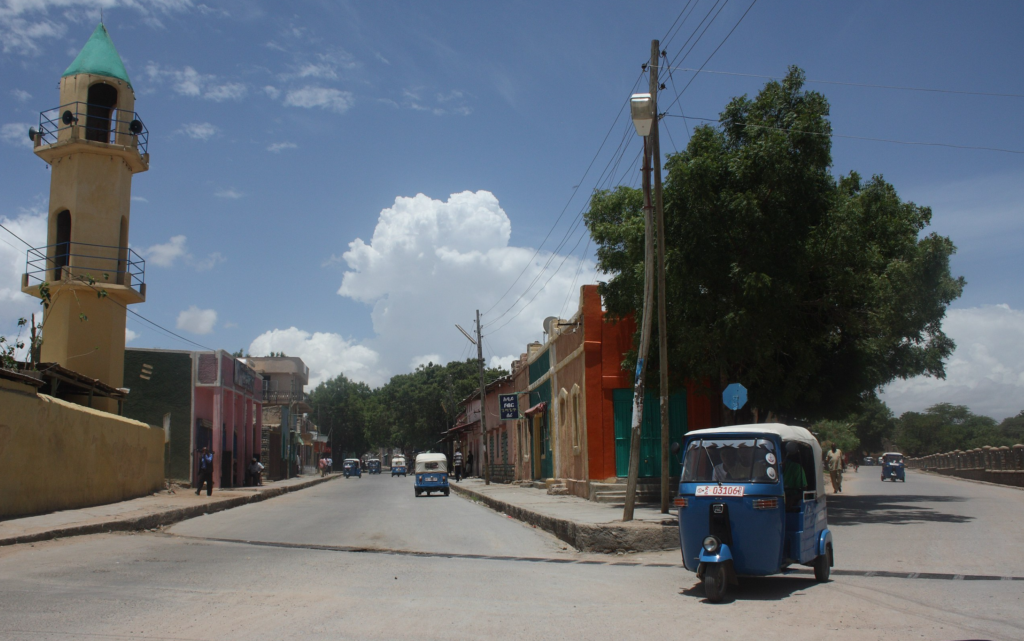
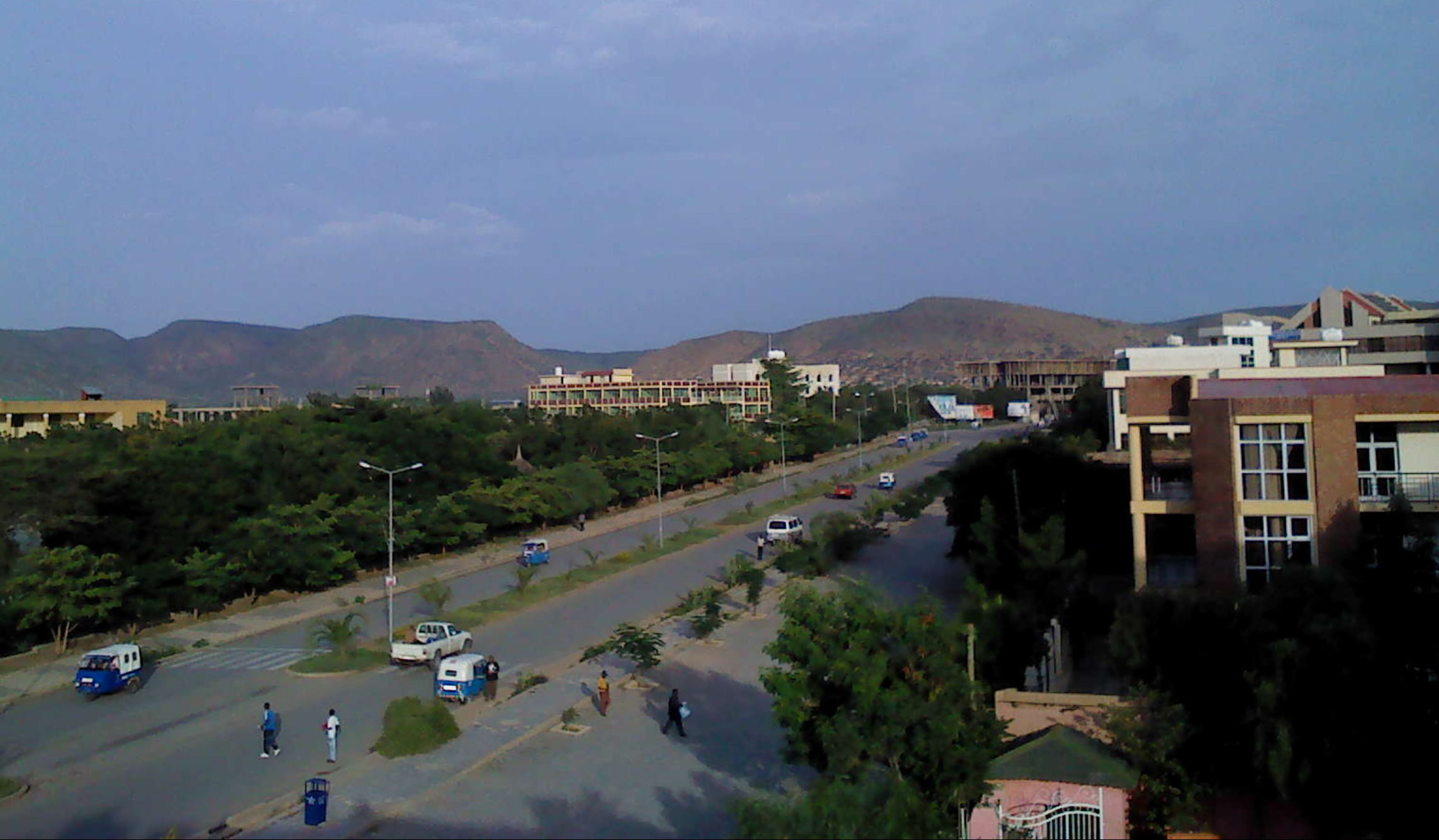
Location
Dire Dawa is situated in the eastern part of Ethiopia, close to the border with Somalia. It is approximately 515 kilometers (320 miles) east of the capital city, Addis Ababa.
History
The city was founded in 1902 during the construction of the Ethio-Djibouti Railway. It initially served as a railroad hub and later developed into a significant urban center.
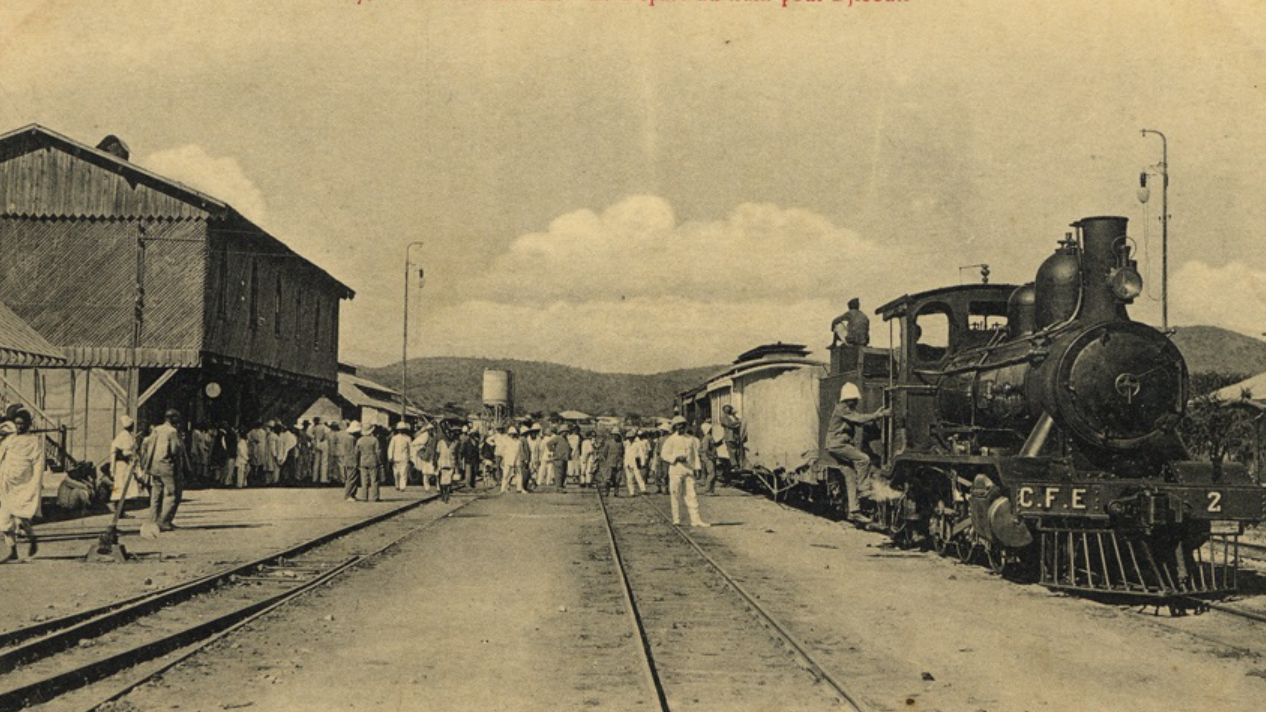
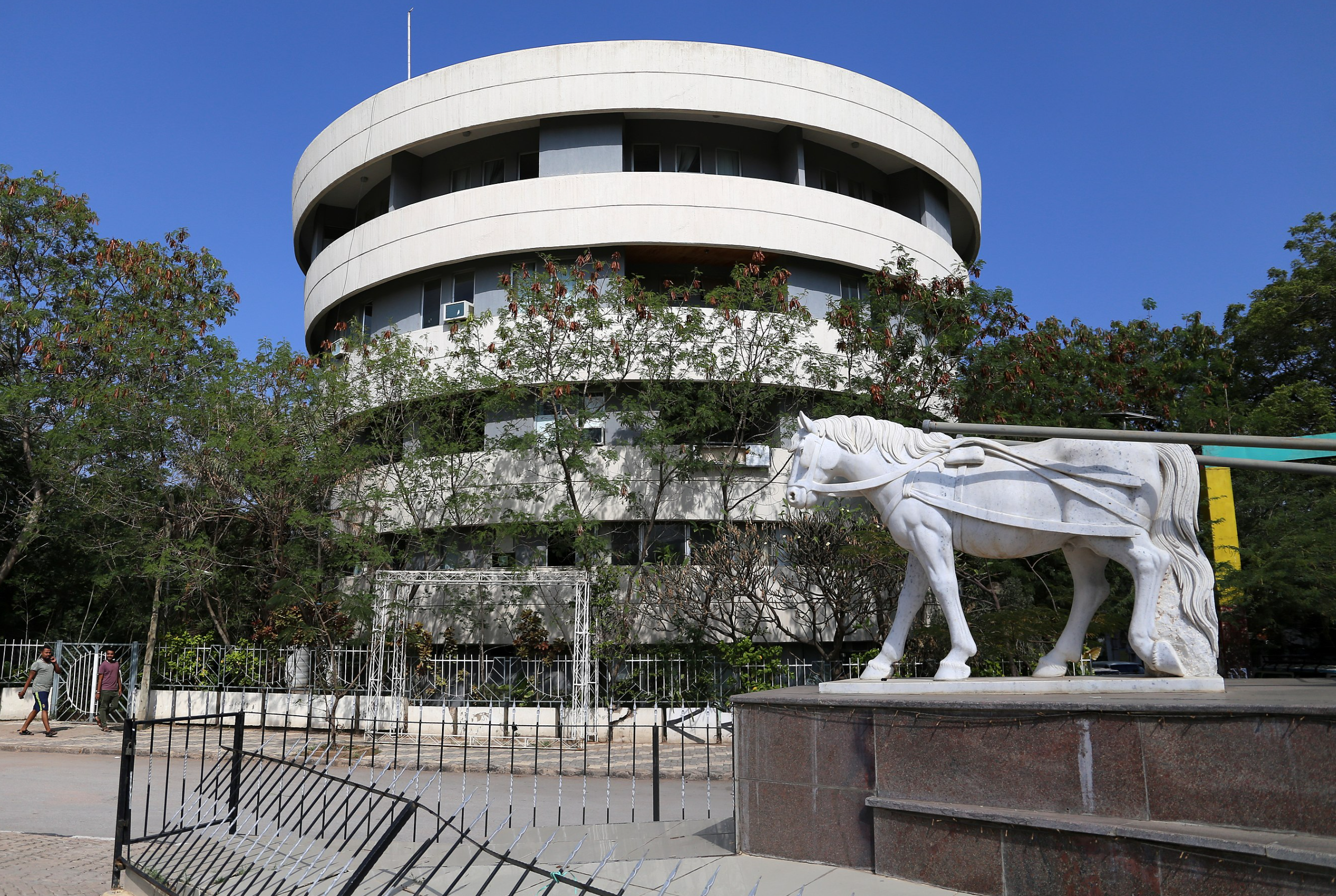
Economy
Dire Dawa is an important commercial and industrial center in Ethiopia. It hosts various industries, including textile manufacturing, food processing, and cement production. The city’s strategic location along major transportation routes, such as the Ethio-Djibouti Railway and road networks, contributes to its economic significance.
Population
As of the most recent data available, Dire Dawa has a population of over 600,000 people, making it one of the largest cities in Ethiopia. The population is diverse, with various ethnic groups and cultures represented.
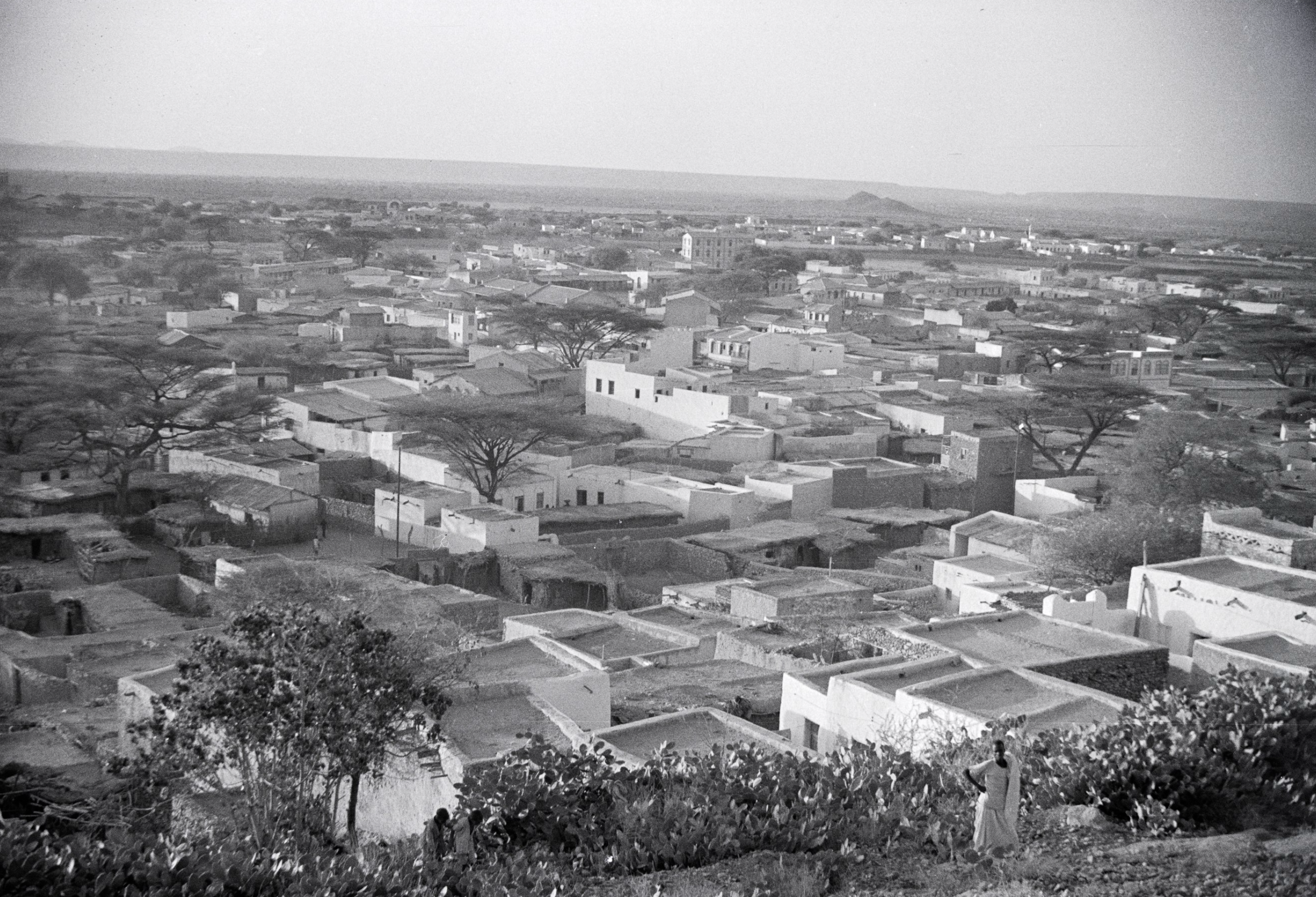
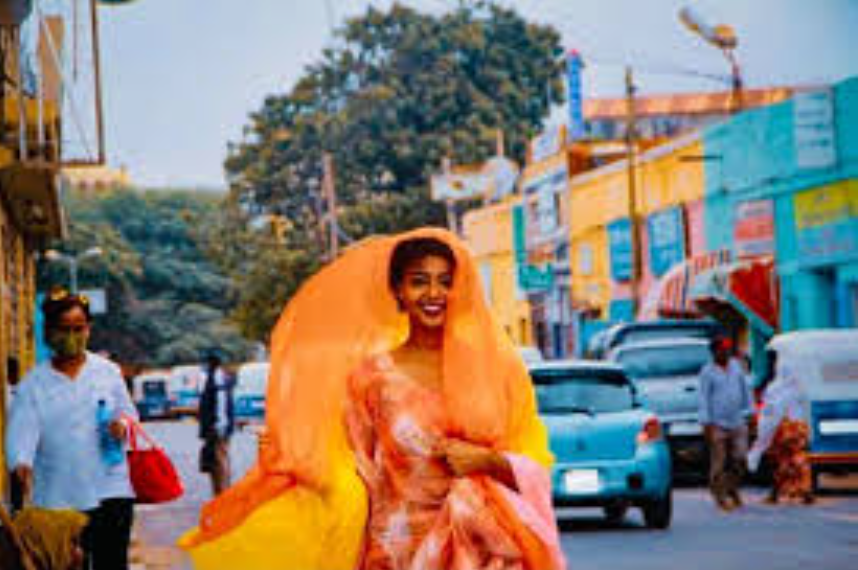
Culture and Diversity
Dire Dawa is known for its cultural diversity, with inhabitants from different ethnic backgrounds coexisting in the city. This diversity is reflected in the city’s cuisine, music, and traditions.
